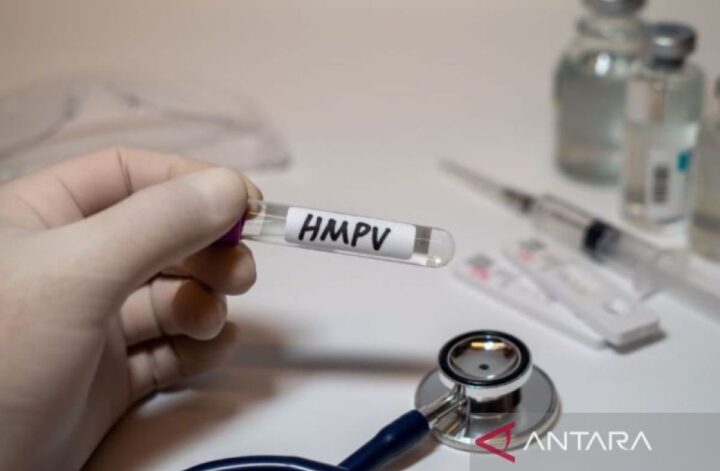Human Metapneumovirus (HMPV) is a common respiratory virus that can cause mild to severe respiratory illness in people of all ages. It was first identified in 2001 and has since been recognized as a significant cause of respiratory infections worldwide.
HMPV is a member of the Paramyxoviridae family, which also includes viruses such as respiratory syncytial virus (RSV) and parainfluenza virus. Like other respiratory viruses, HMPV is transmitted through respiratory droplets when an infected person coughs or sneezes. It can also be spread by touching contaminated surfaces and then touching your face.
Most people infected with HMPV will experience mild symptoms similar to the common cold, such as coughing, sneezing, fever, and congestion. However, in some cases, HMPV can cause more severe respiratory illness, particularly in young children, the elderly, and people with weakened immune systems. Symptoms of severe HMPV infection may include difficulty breathing, wheezing, and pneumonia.
Diagnosing HMPV infection can be challenging because the symptoms are similar to those caused by other respiratory viruses. However, healthcare providers can use laboratory tests to confirm the presence of HMPV in respiratory samples.
There is currently no specific treatment for HMPV infection, so the focus is on managing symptoms and providing supportive care. This may include rest, hydration, and over-the-counter medications to relieve fever and congestion. In severe cases, hospitalization and respiratory support may be necessary.
Preventing the spread of HMPV is important, especially in settings such as hospitals, nursing homes, and daycare centers where the virus can easily spread among vulnerable populations. Good hygiene practices, such as frequent handwashing, covering coughs and sneezes, and staying home when sick, can help reduce the risk of HMPV transmission.
Research is ongoing to develop vaccines and antiviral medications for HMPV, but currently, there are no approved vaccines or treatments available. In the meantime, it is essential to stay vigilant and take steps to protect yourself and others from respiratory infections, including HMPV.
In conclusion, understanding Human Metapneumovirus and taking steps to prevent its spread are crucial for protecting public health. By practicing good hygiene and seeking medical attention when necessary, we can help reduce the impact of HMPV and other respiratory viruses on our communities.




